Walking on the Trail of Faith
Author: Kaleb Johnson | Student, Living Education – Charlotte, 2022-23
Estimated reading time: 4 min.
In Valdese, North Carolina, lies a treasure trove of history hiding in plain sight: the Waldensian Trail of Faith.
This outdoor museum brings the Piedmont valleys of north Italy across the sea to Valdese and makes Waldensian history come to life with life-size recreation of critical monuments and buildings. The Living Education students walked on this Trail of Faith to learn more about the Thyatira era of the Church of God, hearing about the zeal and persecutions of the Waldensians and also seeing their slip into Protestantism that ended their era of God’s church.
Arriving at the Trail
As the Living Ed students and faculty pulled in, they glimpsed the outdoor exhibits on the trail, and noticed there were Christmas decorations and crosses strewn about the outdoor museum in preparation for the holiday season. Mr. McNair was quick to comment on this. “You may be thinking,” he said, “What’s the deal with this? I thought the Waldensians were our Christian forerunners.” Well, as we were to find out, a lot happened on the Trail of Faith that the Waldensians walked, and not all of it was good.

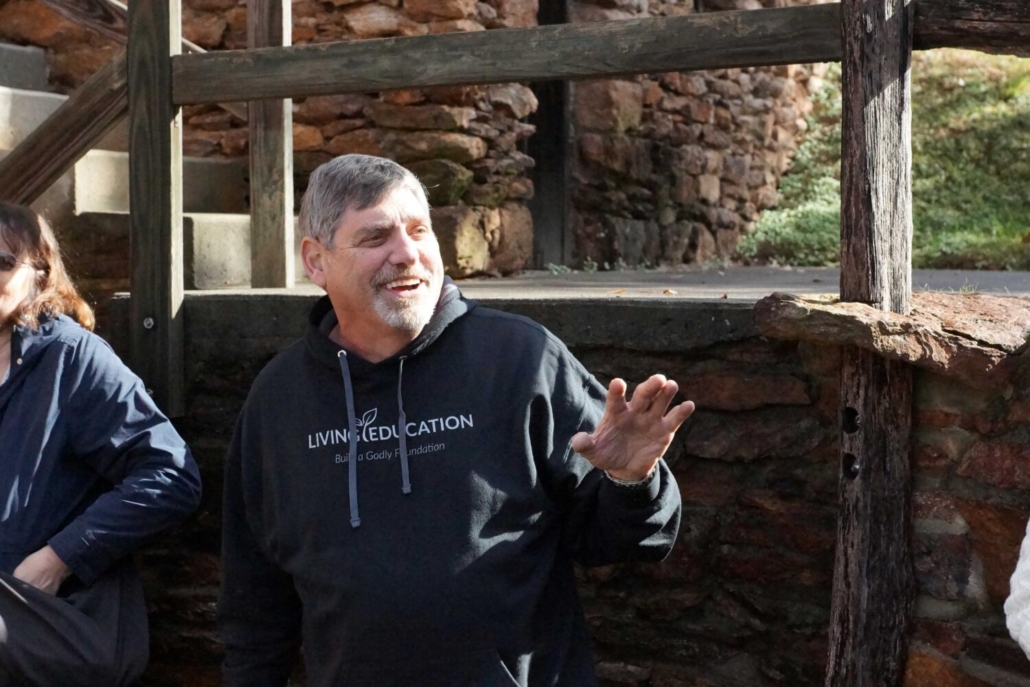
Beginning the Trail of Faith
The tour began with a replica barberi college. The Waldensian students of the thirteenth century studied in unimposing, cozy cottages that would not stand out, and this was intentional. Kezia, one of the Living Education student leaders, explained that these colleges served as secret sanctuaries for education where faithful students would memorize the whole new testament and the psalms (thankfully, we don’t have to do that). These colleges avoided attracting the attention of Catholic inquisitors at all costs. Often, they could not even risk having fires in the winter to stay warm. Kezia related the end result of a student’s studying at this college. Once that student left, equipped to preach the word of God, he had about a three-year life expectancy. Yet the Waldensians still studied through miserable conditions and trained to spread the true word of God. That’s true zeal.
The students continued to the Church in the Cave exhibit. The cave in Valdese is a man-made duplicate of a grotto in the Piedmont valleys that features in a harrowing story. Nathan—another student leader—recounted how faithful Waldensians once hid in this cave for church services. It was small and cramped, and they had to crawl inside it; the only light inside came through a small crack at the top of the cave. The Waldensians could not even sing hymns for fear of being heard by Catholic inquisitors. Despite all this, they were discovered one day. The Catholic inquisitors did not want to crawl in, so they started a fire and cunningly directed the smoke into the small gap in the cave’s roof. Slowly the cave filled with smoke until it was unbearable for those inside. One by one, the Waldensians crawled out—and, one by one, they were killed. What else did these Waldensians endure on their Trail of Faith? We continued on to find out.


Leaving the Trail of Faith
The students came to a memorial commemorating the Waldensians’ entrance into the Reformation. They conformed their doctrines to match the greater Protestant movement, but they would pay the price. The students continued on the Trail of Faith, but the Waldensians had fallen off. The next exhibits recounted the persecutions they faced, and, in a replica church, Ellie shared with us the intense wars and struggles the Waldensians faced in the sixteenth, seventeenth, and eighteenth centuries. The Waldensians were captured and removed from their villages in the Piedmont valleys, with little help from any Protestant countries. Though the Waldensians did fight their way back in their “Glorious Return,” they were no longer the same Waldensians who had put God and His Gospel above fighting and “homelands.”
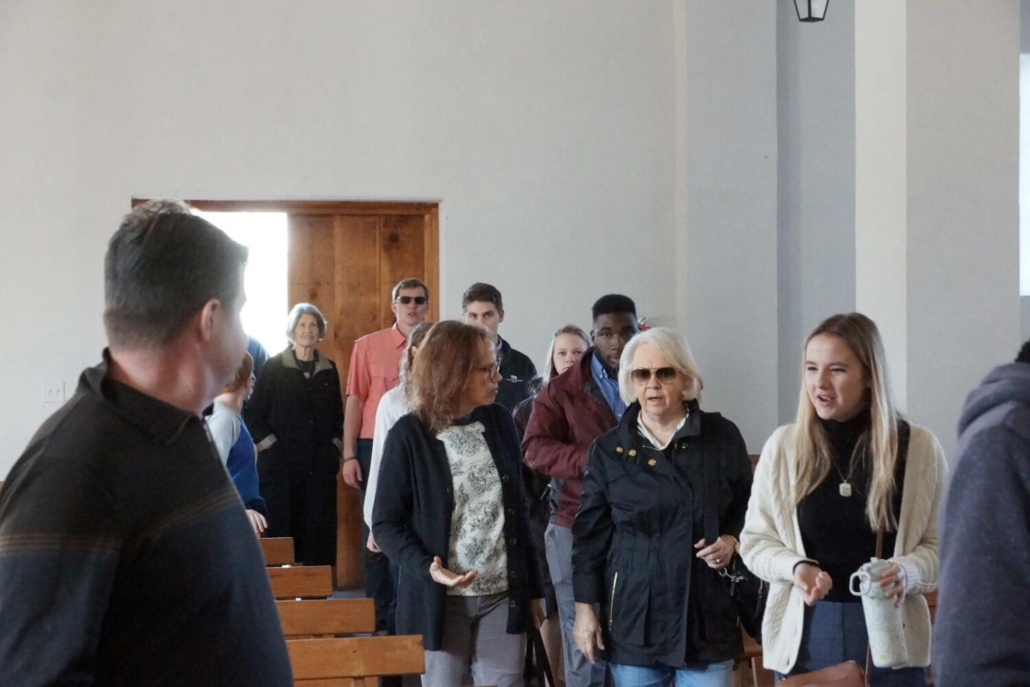

The later exhibits on the Trail of Faith show us the early Waldensian colony in Valdese, and relate the stories of those who left the then-overcrowded Piedmont valleys to come to America. One of the last exhibits is a war memorial that commemorates all the Waldensians who have served in the United States’ armed services. Mr. McNair noted the irony. The Waldensians were once Christians completely unconcerned with war and politics and focused on spreading God’s word, but they came to embrace war with pride.
Takeaways
The students left the tour filled with good memories, powerful stories, and a little deeper knowledge of God’s Church through the ages. The story of the Waldensian Trail of Faith is fascinating. It is full of zeal but also tragedy, especially after the majority of those in that Church era fell from the faith and faced horrible persecution. Despite the heaviness of the topics, we all enjoyed the tour immensely and shared many laughs and smiles throughout the day.

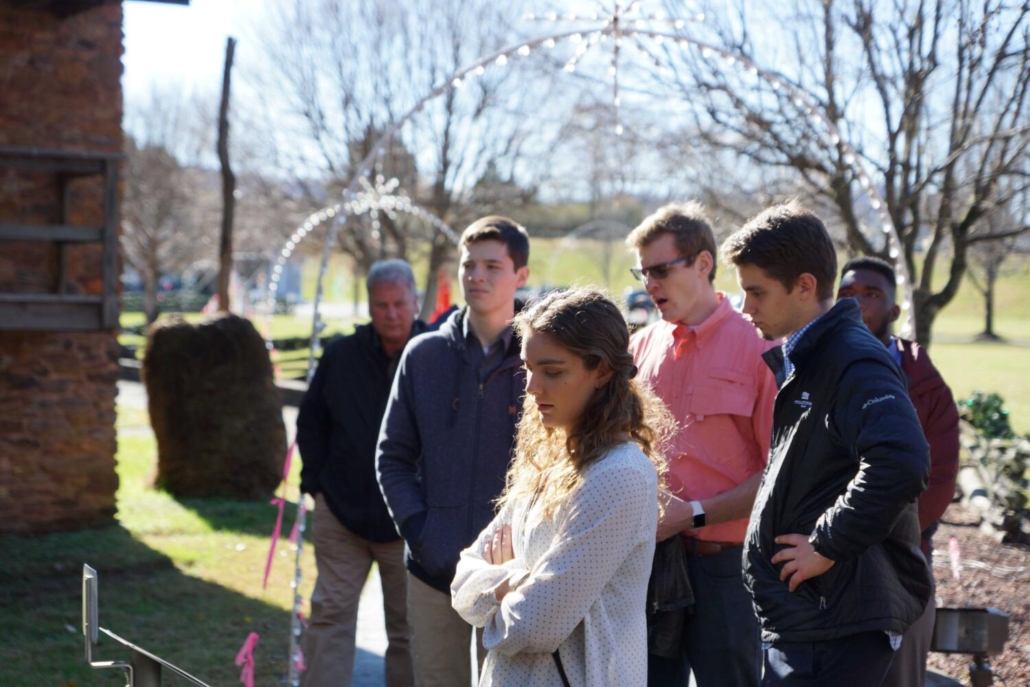

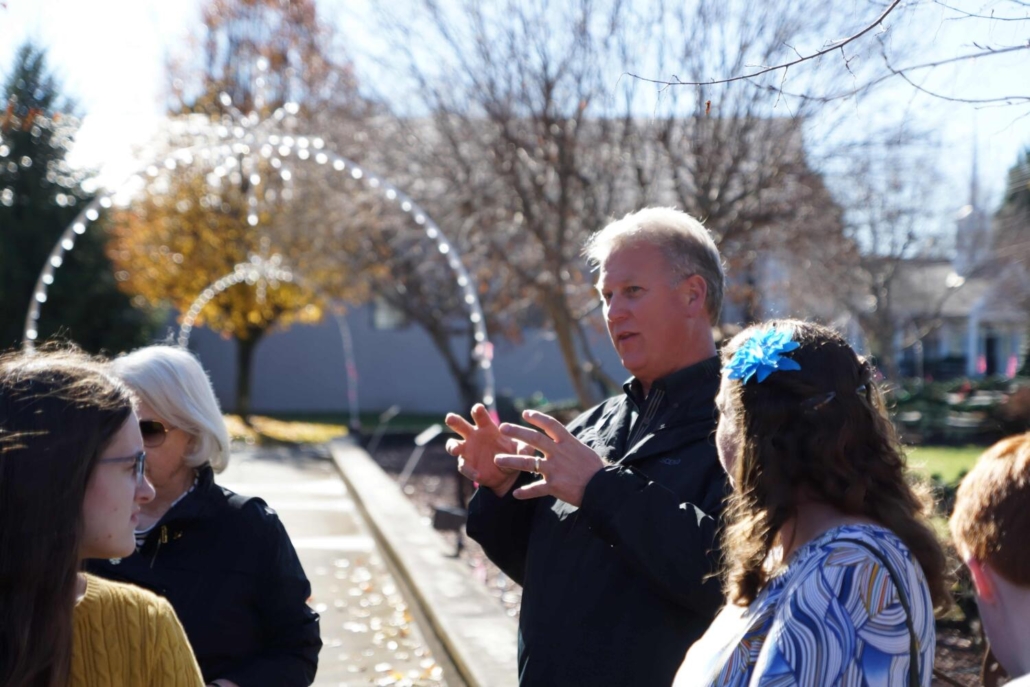


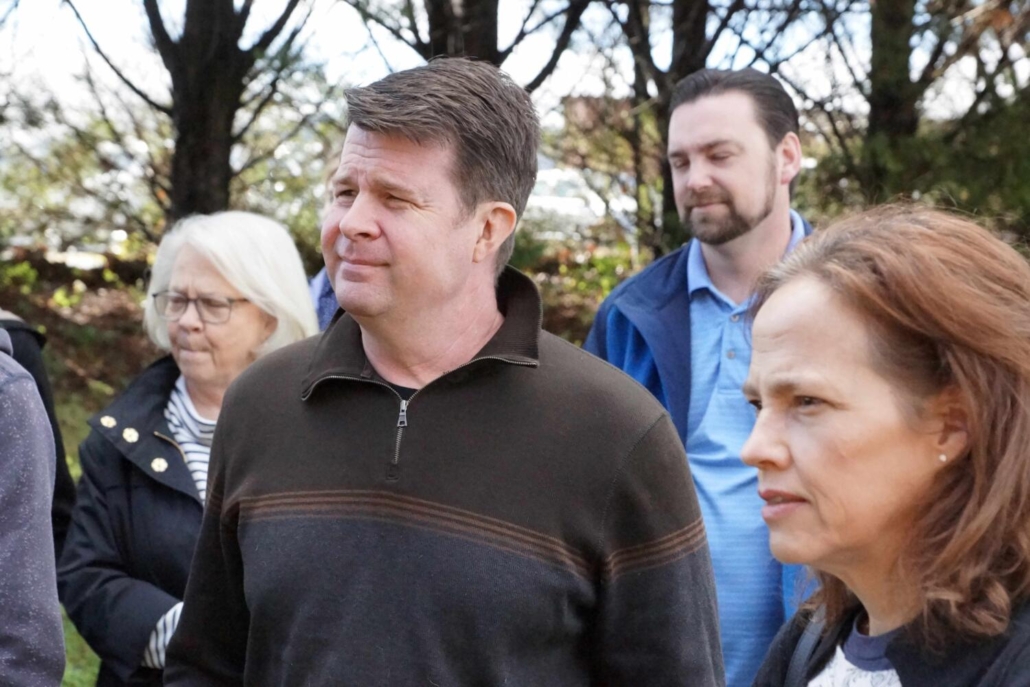


Kaleb Johnson is a student in the Living Education-Charlotte Program. He graduated with a degree in Chemical Engineering from the University of Alabama in Huntsville in the spring of 2022. In addition, Kaleb enjoys writing, video-making, trying new activities (anything and everything), playing chess, and debating (it’s not arguing!) with people. He currently works in the Living Education department producing written content & videos and helping with a variety of other projects.







